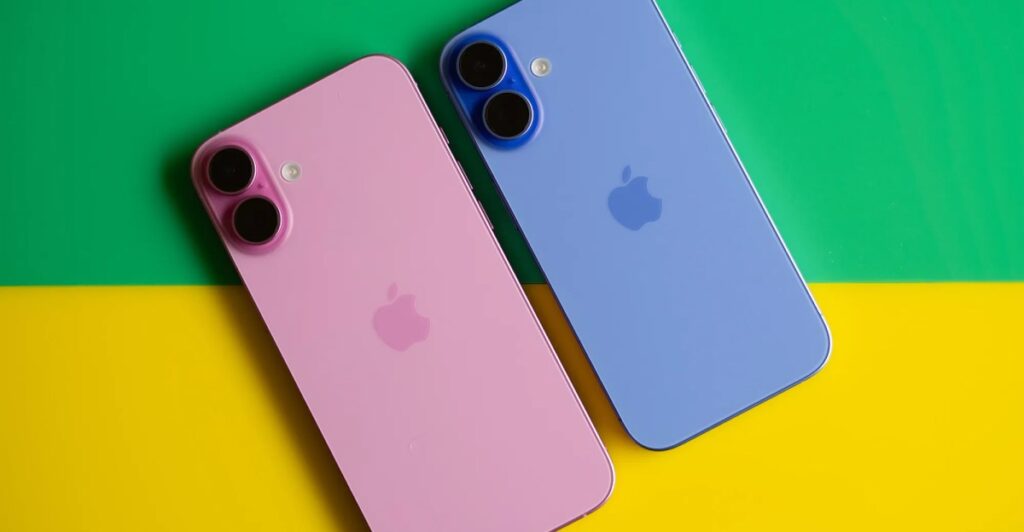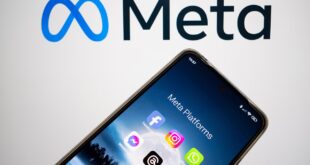
Apple has been the target of a fair amount of criticism over the past year, from its AI missteps to a strong distaste for its new design ethos. But the numbers don’t lie, and if Apple knows how to do anything it’s sell iPhones. Specifically, three billion of them, as CEO Tim Cook announced on the company’s earnings call today.
That’s an impressive number on its own, but it’s even wilder when you consider that Apple is picking up the pace. The iPhone was introduced in 2007 and the company reached 1 billion iPhones sold nine years later in 2016. Getting to 2 billion took only five years; from there it’s been just four years to sell another billion. Considering the rate at which young people — in this country, at least — prefer iPhones over Android, it seems like a trend that’s bound to continue.
That’s also a lot of eggs in one basket. Apple’s own Eddy Cue recently admitted that “you may not need an iPhone 10 years from now.” That should be pretty worrying if your biggest business is selling phones! Apple’s most notable foray into a forward-looking form factor hasn’t exactly set the world on fire, either. It has somewhat famously fumbled its first attempts at adding meaningful AI features to its phones, too. At least from the outside, Apple doesn’t seem terribly well prepared for that world we might be living in ten years from now.
The dilemma is clearly on Cook’s mind. Later in the earnings call when asked about the fate of phones as the dominant mobile platform, he mentioned that the company is “thinking about other things as well,” but thinks that emerging technologies “are likely to be complementary devices, not substitution.” Phones certainly seem safe in the short term, but maybe whatever Sam Altman and Jony Ive are cooking up will slow Apple’s roll a bit on the way to its four billionth iPhone sale.
 Latest World Breaking News Online News Portal
Latest World Breaking News Online News Portal






